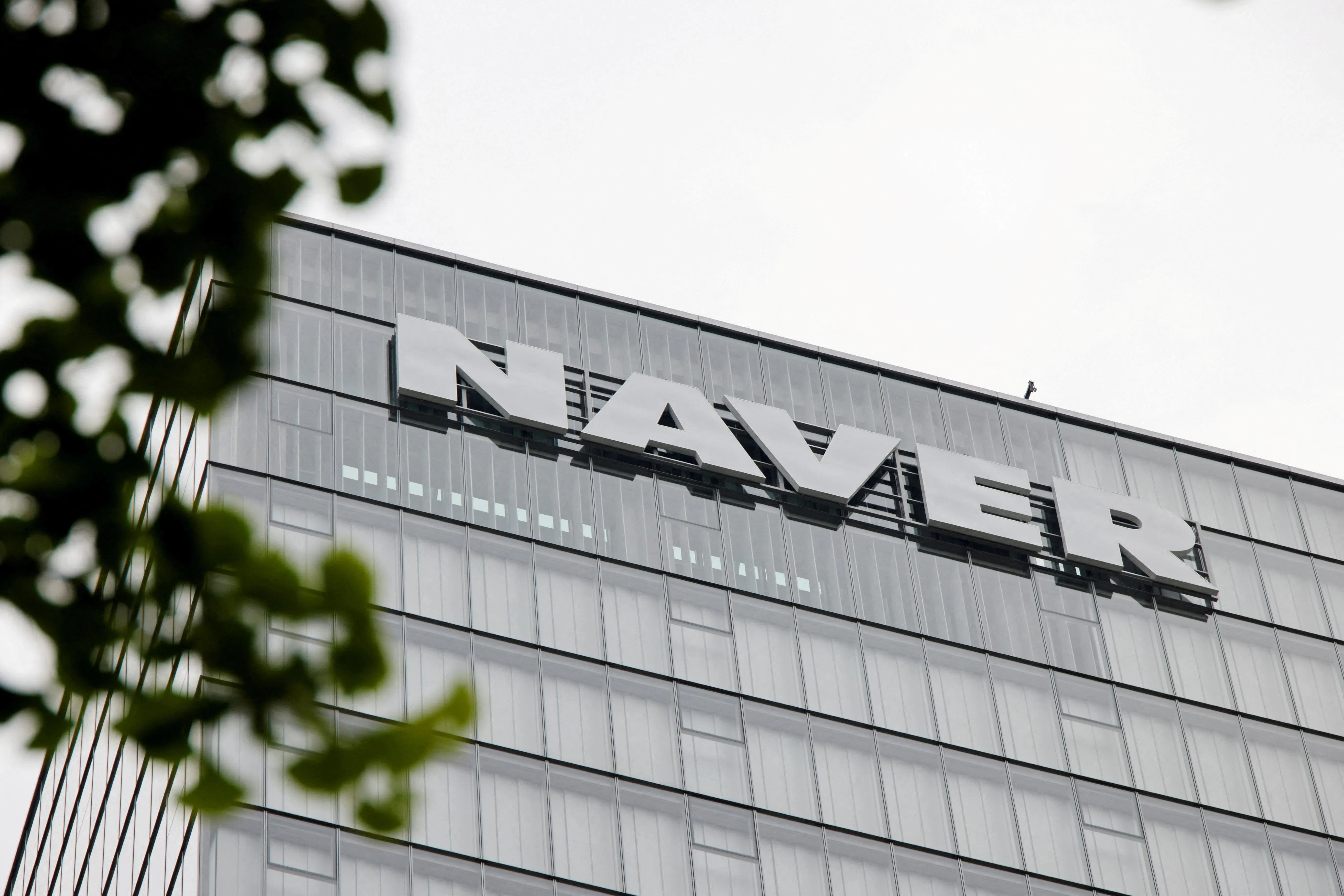WEBTOON Entertainment filed for a US initial public offering (IPO) after backer Naver this year accelerated plans for the market debut of the online comics operator.
Los Angeles-based Webtoon said in a filing Friday (May 29) with the US Securities and Exchange Commission that South Korean internet company Naver will continue to control it after the IPO.
Proposed terms for the offering will be disclosed in a later filing.
Webtoon could seek to raise as much as US$500 million at a valuation of US$3 billion to US$4 billion, Bloomberg News reported in February.
Webtoon had a net loss of US$145 million on revenue of US$1.28 billion last year, both increasing from 2022 when the company lost US$133 million on revenue of about US$1 billion, according to the filing.
The company said in the filing that, along with Naver, Tokyo-based Ly Corp also owns 5 per cent or more of its stock. The shares held by founder and chief executive officer Junkoo Kim will be disclosed in a later filing.
GET BT IN YOUR INBOX DAILY
Start and end each day with the latest news stories and analyses delivered straight to your inbox.
The offering is being led by Goldman Sachs, Morgan Stanley, JPMorgan Chase & Co. and Evercore. The company plans for its shares to trade on the Nasdaq Global Select Market under the symbol WBTN.
Webtoon connects 24 million creators with about 170 million monthly active users in more than 150 countries, according to its filing.
Naver, providing online services from search and shopping to social media, had considered listing the Webtoon business since 2021, around the time the novel medium began to catch on in major markets such as the US Today webtoons – short-episode digital comics designed for scrolling on mobile devices – are considered one of South Korea’s more successful cultural exports alongside K-pop and drama series, driving business for Naver and rival Kakao.
Since emerging almost two decades ago, the webtoon medium has taken off with the proliferation of mobile devices.
The platform made it easy for authors to release content that may not have appealed to traditional publishers, and helped them reach larger audiences.
The medium has gained a reputation for producing content whose appeal stretches beyond the traditional comic book audience of young males. BLOOMBERG







